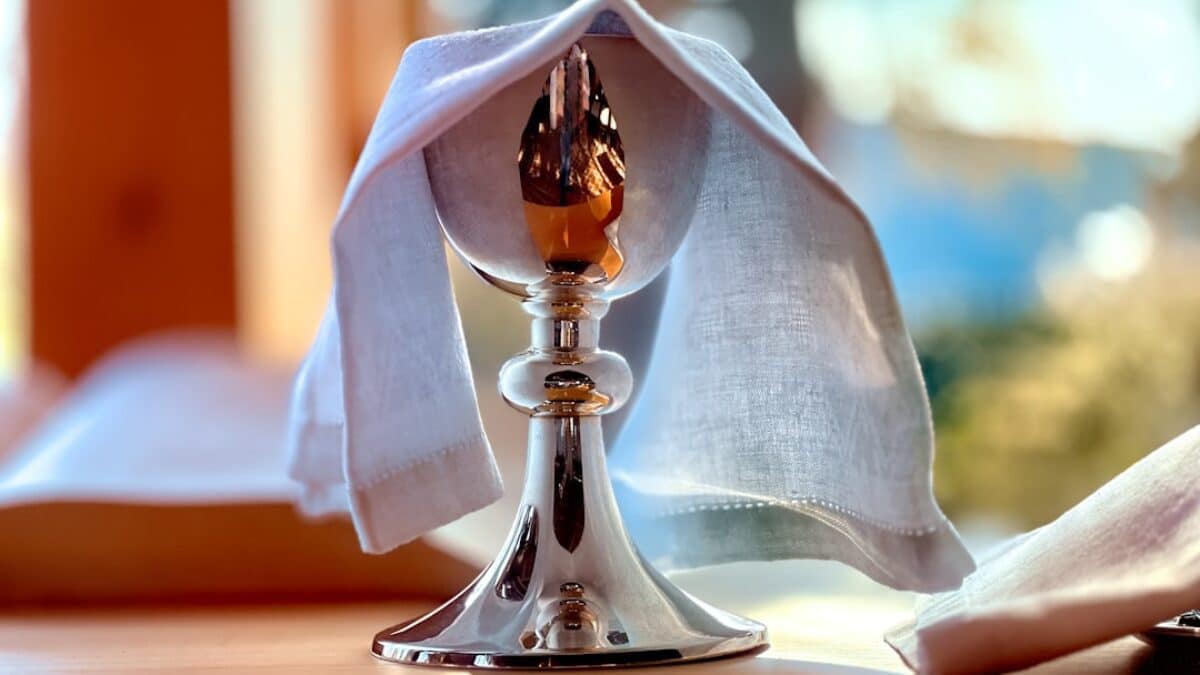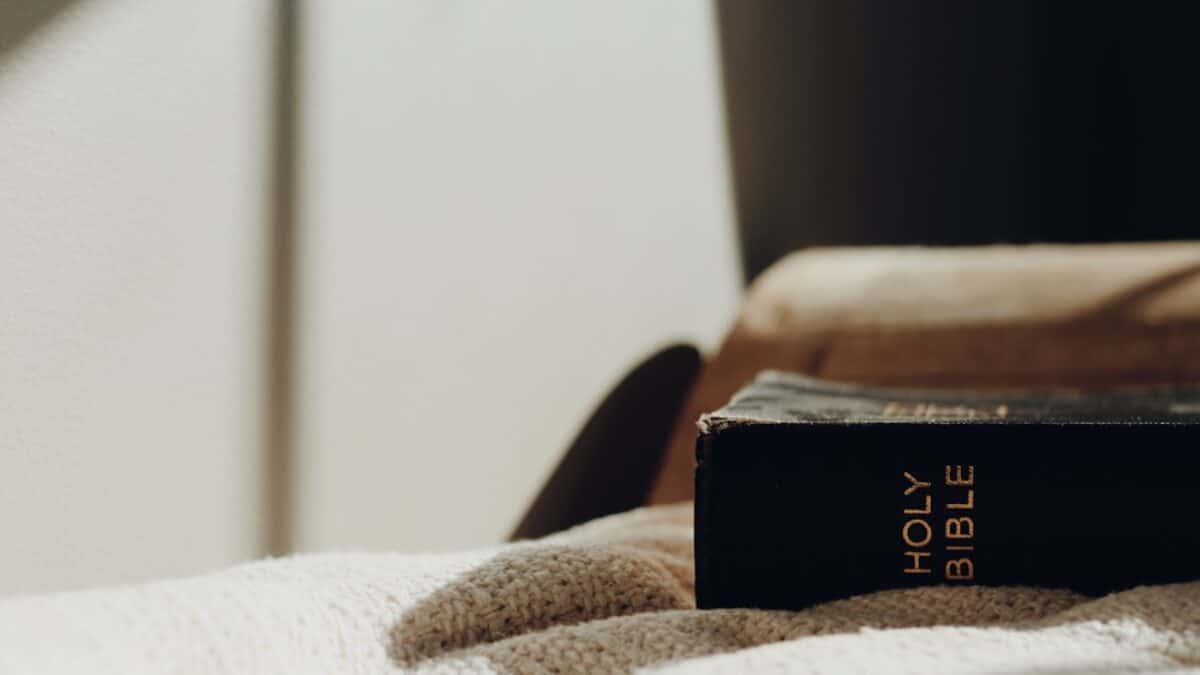The last prayer of the day is more than a ritual—it is a gateway to serenity, a shield against heedlessness, and a timeless appointment with the Most Merciful. When the sky has folded its last crimson streak and the stars begin their silent vigil, the believer has an extraordinary opportunity: to seal the day with Salat al-‘Isha’ exactly when Allah has designated. What many consider a simple “night prayer” is, in reality, a transformative act that reconfigures the soul, realigns priorities, and draws down barakah that permeates the entire household until dawn. This article explores why praying Isha on time is a spiritual technology, how it reshapes the night, and the practical steps to guard this blessing in an age of perpetual distraction.
Understanding Salat al-‘Isha’ and Its Timely Observance
The Linguistic and Legal Definition
In Arabic, ‘Isha’ literally means “nightfall” or “darkness.” Technically, it is the fifth canonical prayer whose time begins after the twilight (redness in the horizon) has completely disappeared and extends until the true dawn (Subh Sadiq). The Hanafi school, for example, sets the preferred time at the first third of the night, whereas the Shāfiʿi and Māliki schools emphasize praying earlier within the permissible window. Regardless of the nuance, the Sunnah is clear: “Pray the ‘Isha’ prayer when the twilight has vanished” (Bukhārī, Muslim).
The Concept of “On Time” in Islamic Spirituality
Islam does not view time as a neutral resource; it is amānah (trust) and maw’id (appointed moment). When Allah says, “Indeed, prayer has been decreed upon the believers a decree of specified times” (Qur’an 4:103), He is simultaneously issuing a command and an invitation. Praying Isha’ at its earliest permissible moment—‘ala awwal waqtiha—is an expression of taqarrub (seeking nearness), ta’jil al-khayr (rushing to good), and istikhlas (sincerity) that Allah loves.
Key Components of Praying Isha on Time
The Four Dimensions of Transformation
To grasp how Isha on time reshapes the night, we examine four inter-locking dimensions:
- Temporal Reorientation: Resetting the day’s psychological clock by ending it in submission.
- Spatial Sanctification: Converting ordinary living spaces into masajid lit by tranquility.
- Emotional Recalibration: Expelling anxiety through dhikr that follows the prayer.
- Spiritual Fortification: Invoking Allah’s protection from nocturnal sins, nightmares, and heedlessness.
The Anatomy of the Isha Window
| Phase | Start Indicator | End Indicator | Legal Ruling |
|---|---|---|---|
| Preferred (Afdal) | Twilight disappearance | First third of night | Most rewarded |
| Permissible (Mubah) | First third ends | Midnight (solar) | Valid with slight dislike |
| Makruh (Disliked) | Midnight | True dawn | Allowed only with excuse |
Benefits and Importance
Immediate Psychological Serenity
Neuroscientists have observed that ritualized transitions lower cortisol levels. When the believer turns off Netflix, makes wuḍū’, and stands at ‘Isha’ exactly at its time, the brain receives a cue: “The day is over; surrender begins.” This deliberate pause interrupts rumination loops that fuel insomnia and replaces them with dhikr that induces alpha-wave relaxation.
Angelic Escort Until Dawn
The Messenger ﷺ said, “Whoever prays ‘Isha’ in jamā‘ah, it is as if he stood half the night in prayer. Then, if he prays Fajr in jamā‘ah, it is as if he spent the entire night in prayer” (Muslim). Scholars explain that two groups of angels alternate shifts: one accompanies the worshipper home, the other keeps watch over his sleep. When Isha’ is delayed, the angels of protection may depart earlier, leaving the believer spiritually “unattended.”
Domestic Barakah Multiplication
A house where Isha’ is prayed promptly becomes a mini-Haram. The Prophet ﷺ compared the homes in which Allah is remembered to “shining stars to the travelers in darkness.” Families report fewer arguments, children sleep more peacefully, and rizq seems to “stretch” inexplicably.
Gateway to Night Worship and Tahajjud
Early Isha’ clears the runway for Qiyām al-Layl. If a believer prays at 8:00 p.m. and sleeps by 10:00 p.m., waking at 4:00 a.m. yields a fresh six-hour rest—optimal for deep sleep cycles—yet still leaves a power-hour before Fajr for intimate du‘ā and recitation.
Shield Against Nocturnal Sins
Statistics from Muslim crisis-hotlines show a spike in pornography relapse between 10:30 p.m. and 1:00 a.m. By occupying the hands, tongue, and heart with Surah al-Mulk, Surah as-Sajdah, and tasbīḥ immediately after Isha’, the believer erects a divine firewall against these traps.
Practical Applications
Creating an Isha-Centric Evening Routine
Phase 1: Digital Sunset
- 30 minutes before twilight ends, switch phone to grayscale and Do Not Disturb.
- Send any urgent messages with a macro-text: “Offline for worship; will respond after Isha’.”
Phase 2: Physical Priming
- Perform wuḍū’ with siwāk, reciting the du‘ā of ablution.
- Change into comfortable, clean garments reserved for Salah to create cognitive association.
- Light a non-scented candle or dimmer switch—visual cue for the household that the sacred hour has begun.
Phase 3: Community Activation
If family members are present, delegate roles:
| Role | Responsibility | Spiritual Benefit |
| Caller | Adhāin the living room | Voice of reminder ripples through walls |
| Keeper | Lays out prayer rugs in same direction | Unity of rows, unity of hearts |
| Reciter | Reads 5-minute tadhkirah pre-prayer | Softens hearts for khushū‘ |
Case Studies of Night Transformation
Case Study 1: The Shift-Worker
Hassan, a nurse on rotating roster, used to pray Isha’ at 2:00 a.m. after his night shift. Exhaustion made his prayer mechanical. Upon learning that maṣlaḥah (public interest) allows combining with Maghrib when hardship is chronic, he adopted the Jam‘ Taqdīm (early combination) under a trusted imam’s guidance. Three weeks later, he reported 65 % better sleep quality and fewer patient-care errors.
Case Study 2: The University Student
Amina had exams and would cram past midnight, skipping Isha’ until her eyes drooped. After installing a prayer-time app with adhāoverride, she began praying at 9:30 p.m. in the dorm’s silent study room. Not only did her GPA rise (credited to barakah), but she also started hosting a weekly halaqah that attracted non-Muslim roommates curious about the “peace they felt.”
Tools and Apps That Safeguard Isha Timing
- Muslim Pro: Adhāin 15 different muezzin voices; auto-location.
- PrayWatch: Visual countdown ring that shrinks as the time nears.
- Focus Mode (iOS/Android): Blocks social media between Maghrib and Isha’.
- Smart Lights (Philips Hue): Program to fade to warm white 20 minutes before Isha’, signaling the household.
Frequently Asked Questions
What if I am stuck in traffic and the time is almost out?
Pull over safely to a rest area or gas station. Prophet ﷺ prayed on his mount when traveling. Face the qiblah if possible, otherwise any direction, perform the fard only, and make up the sunnah later. Do not delay the fard under any pretext; the obligation is lifted only when the excuse is real and pressing.
Can women pray Isha alone at home and still gain the same reward?
Yes. The Prophet ﷺ encouraged women to pray at home without diminishing reward; however, praying on time remains the key. If the local masjid offers early Isha’, she may attend, but her greater virtue lies in praying at home immediately after the twilight vanishes.
How do I deal with family members who delay Isha for movies or social events?
Lead by quiet consistency. Set an audible adhāon the living-room speaker 15 minutes before the time. Gently invite: “The muezzin just called; let’s catch the opening takbīr together, then continue the evening.” Over a month, the household rhythm usually adjusts without confrontation.
Does combining Maghrib and Isha during travel forfeit the night’s blessings?
Not at all. Jam‘ Taqdīm (praying Maghrib followed immediately by Isha’) is itself a Sunnah Mu’akkadah taught by the Prophet ﷺ. The angels still escort the traveler, and the night
























Post Comment